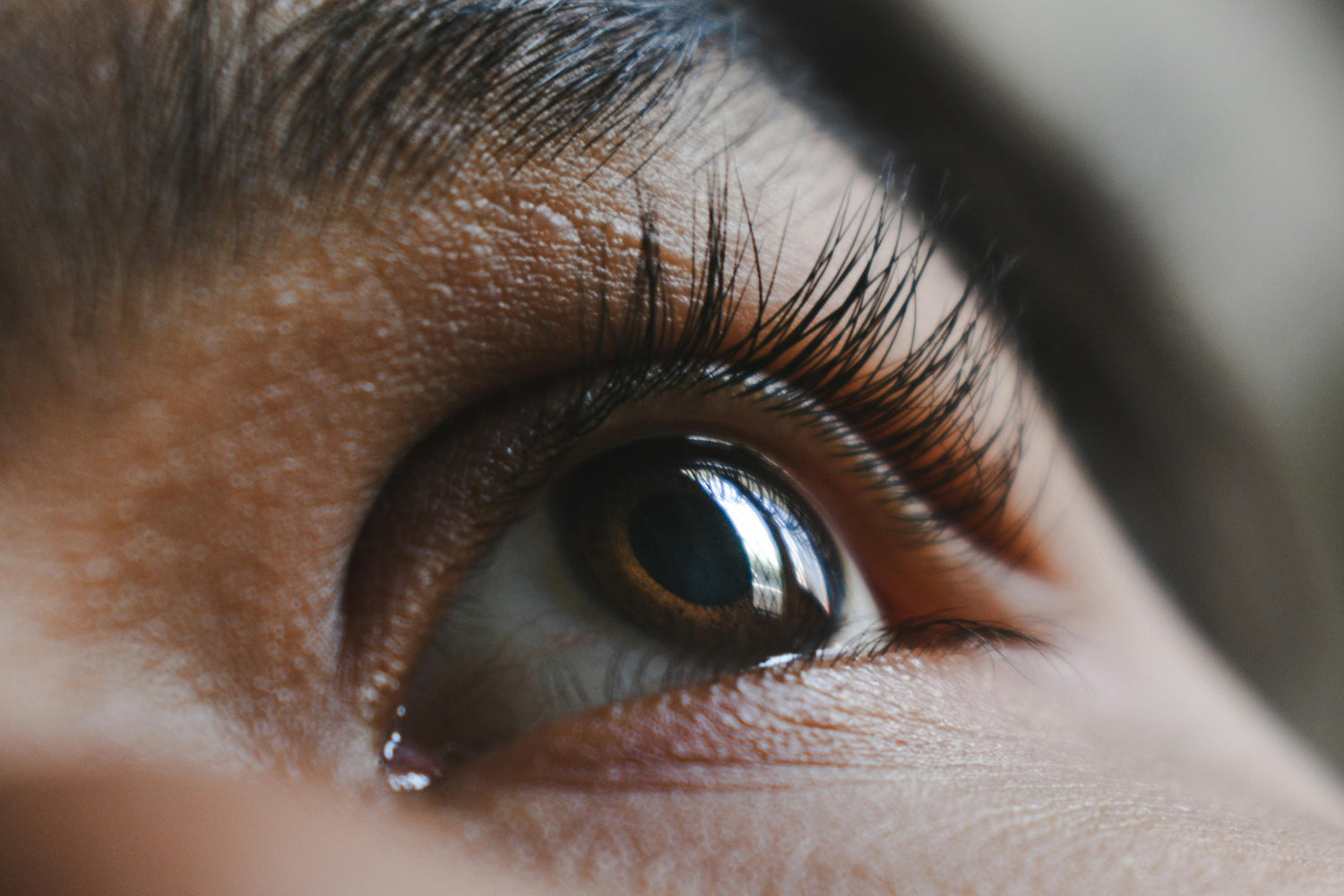
Common Vision Myths Debunked
Vision is one of our most important senses, yet there are plenty of myths surrounding eye health that continue to mislead people. Let's separate fact from fiction and debunk some of the most common vision myths.
1. Eating Carrots Will Give You Perfect Vision
Carrots are rich in vitamin A, which is essential for maintaining good eye health, but they won’t magically give you 20/20 vision. A well-balanced diet with leafy greens, fish, and nuts provides a broader range of nutrients necessary for optimal vision.

2. Sitting Too Close to the TV Will Ruin Your Eyes
There is no scientific evidence that sitting close to the TV causes permanent eye damage. However, it can lead to temporary eye strain and discomfort. The key is to take breaks and practice the 20-20-20 rule: every 20 minutes, look at something 20 feet away for at least 20 seconds.

3. Wearing Glasses Will Make Your Eyes Weaker
Wearing prescription glasses does not make your vision worse. They simply correct refractive errors, helping you see more clearly. Not wearing the right prescription, on the other hand, can lead to headaches and eye strain.

4. Reading in Dim Light Will Damage Your Eyes
Reading in low light can cause temporary strain and discomfort, but it does not lead to permanent damage. Proper lighting helps reduce eye fatigue, making reading more comfortable.

5. If You Don’t Have Vision Problems Now, You Don’t Need an Eye Exam
Even if you have perfect vision, regular eye exams are crucial for detecting early signs of conditions like glaucoma, cataracts, and macular degeneration. Eye health is more than just clear vision.

7. Only Older People Get Cataracts
While cataracts are more common in older adults, they can develop at any age due to factors like genetics, UV exposure, and certain medical conditions. Wearing UV-protective sunglasses can help reduce the risk.

8. Contact Lenses Can Get Lost Behind Your Eye
It is physically impossible for a contact lens to slip behind your eye due to the protective membrane covering the eye socket. If a lens moves out of place, blinking and using eye drops can help reposition it.

Final Thoughts
Misinformation about eye health can lead to unnecessary worry or neglect. By understanding the facts, you can take better care of your vision and make informed decisions about your eye health. If you have concerns, schedule a comprehensive eye exam with an optometrist.















